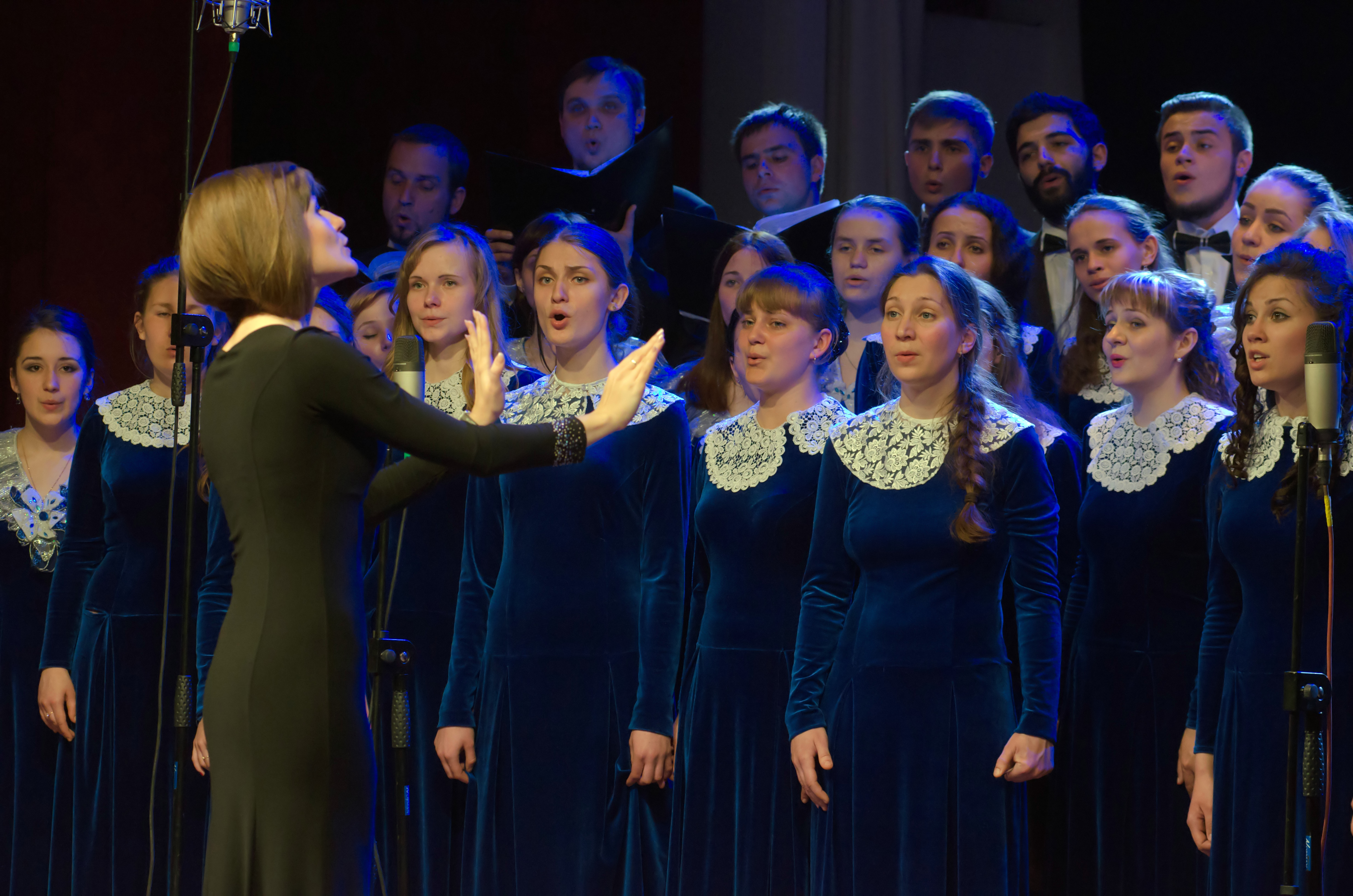.jpg)
“Were you an English major?”
I get the question almost every time I tell someone I’m a writer. My answer is always a chagrined but emphatic, “No.”
In college, I majored in music, despite knowing I’d never be a professional opera singer. I wanted to write and realized years ago that studying, performing, and analyzing music was what helped me become the writer I am today.
How do bass clefs and Bach make a writer better? Let’s look at seven reasons.
1. Learn the Language
To learn how to read and analyze music, you need to know the fundamentals. Understanding how quarter notes, dynamic markings, and tempos work is much like learning spelling and grammar. You need a basic comprehension of the tools at your disposal before you can sing well, play an instrument effectively, or write an effective sentence. Rests and breath marks are the punctuation in a musical piece, and, like commas and apostrophes, give the reader cues and comprehension.
2. The Simple Becomes The Complex
If you ever had to learn “Mary Had a Little Lamb” on the recorder in third grade, you used the same tools that helped Beethoven compose his masterpiece symphonies. In a three-movement sonata, those simple melodies can be echoed, inverted, twisted, hidden, and reappear.
Ray Bradbury’s novel Fahrenheit 451 begins, “It was a pleasure to burn.” So simple a line, but it stays with the reader throughout Bradbury’s novel, sometimes quietly in the background and other times front and center. Good content starts with a simple idea and builds into something more, much like Fahrenheit 451 or Beethoven’s symphonies.
Your subject should agree with your verb. Resolve your chord progressions. Don’t dangle your participles. Avoid parallel fifths. Don’t start a sentence with a preposition. Whether writing content or music, there are rules to follow.
Rules are there for good reason, framed by centuries of best practice and conventional wisdom. The rules are important and whether you’re learning to edit a score or a script, the same principles apply.
4. … And When to Break Them
Breaking the rules is sometimes just what you need to do. E.E. Cummings was famous for avoiding punctuation. The composer John Cage wrote a piece called 4’33” in which a player sits at a piano for 4 minutes and 33 seconds, then closes the lid. The silence and audience noise are the “music.” Sometimes the rules just shouldn’t apply. As content marketers and writers consider how you can break the conventions of your fields.
5. Critics and Critiques Make You Better
Good writers and musicians develop a thick skin but welcome feedback. Every time you publish, whether on the web or in print, you’re exposing your work. Every time I performed, I knew the audience was forming an opinion about what was heard. If we blew the tempo in a song, I wanted my conductor to tell me. If I bury the lead in a newspaper article, I want my editor to tell me, too.

Editors may be annoying at times but the good ones make you a better writer.
6. Practice
In college, I sang in a choir where warm-ups often lasted for an hour, as we focused on pitch accuracy and blend. We would practice a piece for weeks using “da” or “la” instead of the words. This preparation allowed us to learn the subtleties of the music thoroughly before applying lyrics. When I write, I will sometimes need to rework a section time and time again, thinking about word choice and tone before editing myself to make sure the overall structure and thesis are correct.

Most choirs don’t usually wear their formal duds to rehearsals.
7. Find Your Voice
It took me a long time to accept that I really am a tenor, not a baritone or bass. As I’ve gotten older, I’ve learned that those high notes I used to nail just aren’t there anymore. The same has happened with my writing. I’m not one for grand investigative pieces, but give me a human-interest profile, a trend piece, or a blog entry and I’m your guy. Companies too need to find their voice when creating content: do you want to target Millennials or old-timers?
It’s taken years to understand that my voice, whether singing or writing, is the right one for me. Every writer will benefit from finding their own voice and point-of-view.
Let Your Words Sing
Sometimes, I describe certain pieces I write with musical terms like lyrical, melodic, jazzy or dissonant. I will always consider my music and my writing interrelated. In my mind, they’re harmoniously connected. Let us help make your content sing by checking out our free trial.
Media Shower writer Kevin Wesley is an award-winning marketing executive and leadership coach whose writing focuses on business and higher education.